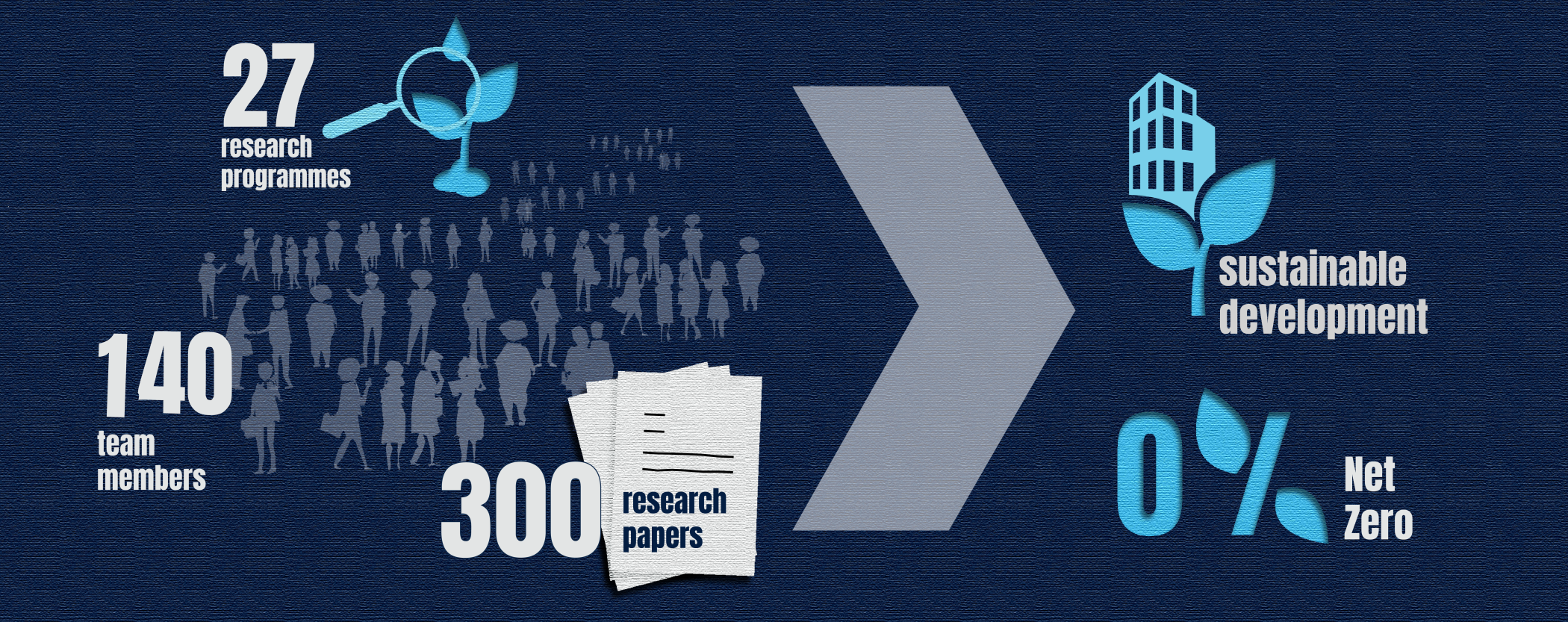Impact & engagement

Across 27 research programmes and over 140 team members, we focus on research that can drive systemic change, aligned around a central vision of net-zero and sustainable development.
The Smith School team has published more than 300 papers in last five years, along with dozens of reports, working papers and policy briefs.
Rigorous academic research underpins our work with policy makers and business leaders. The Smith School has been cited in over 400 policy documents across 26 countries, and our research and insights were shared with the public through over 1800 media mentions in 2021, including in the FT, Reuters, the Conversation, Politico, the Economist and the New York Times.
We reach around 1,000 students every year at undergraduate, graduate and MBA level across the University of Oxford.
In 2020, we launched our own Masters programme, the MSc in Sustainability, Enterprise and the Environment, which was the most applied-to course in the University in autumn 2021.
We have reached more than 600 participants through our executive education programmes, launched in 2013, and educate the leaders of today and tomorrow through open enrolment and bespoke courses.
Impact case studies
REACH
REACH is a global research programme to improve water security for the poor by delivering world-class science that transforms policy and practice.
Policy engagement
Our researchers are frequently called upon by global governments, public and private sector organisations, and civil society stakeholders, to provide evidence, contribute to policy debates, and share the latest thinking on cutting edge academic research across our thematic areas.
Since its establishment, Smith School research has been cited in over 400 government and multilateral organisation policy reports dealing with climate change, energy and the environment.
Corporate engagement
We believe that to address climate change and environmental sustainability, it is essential to bring business into the conversation. Some of our recent work includes:
Providing research and key tools to support sustainable transformations at global brands such as Primark, PepsiCo and Zurich Insurance Group.
Showing that sustainability improves corporate performance and cash flow, mainstreaming ESG issues into finance and the business community. Read the report, pdf (62 pages, 2.9 MB)






